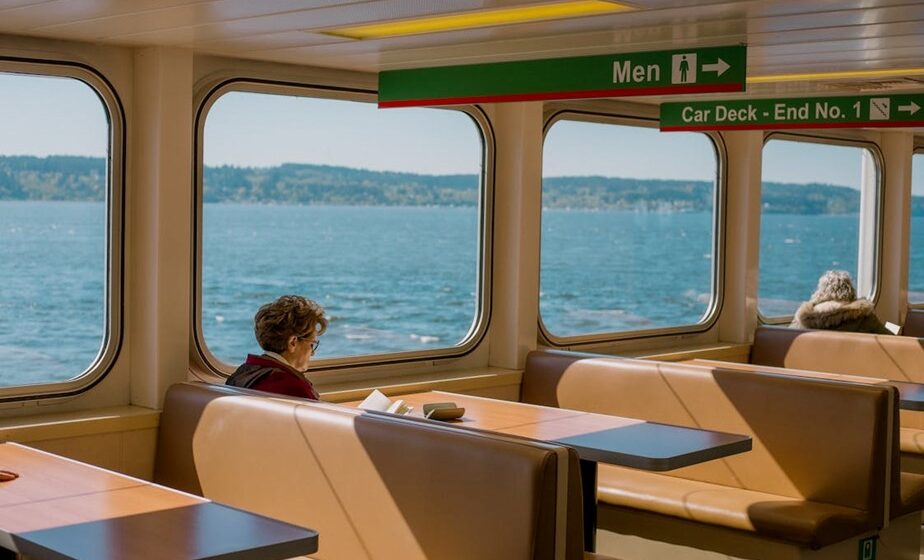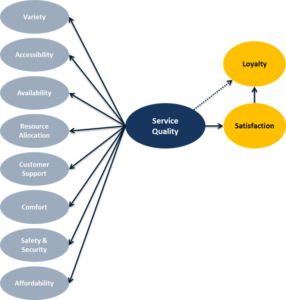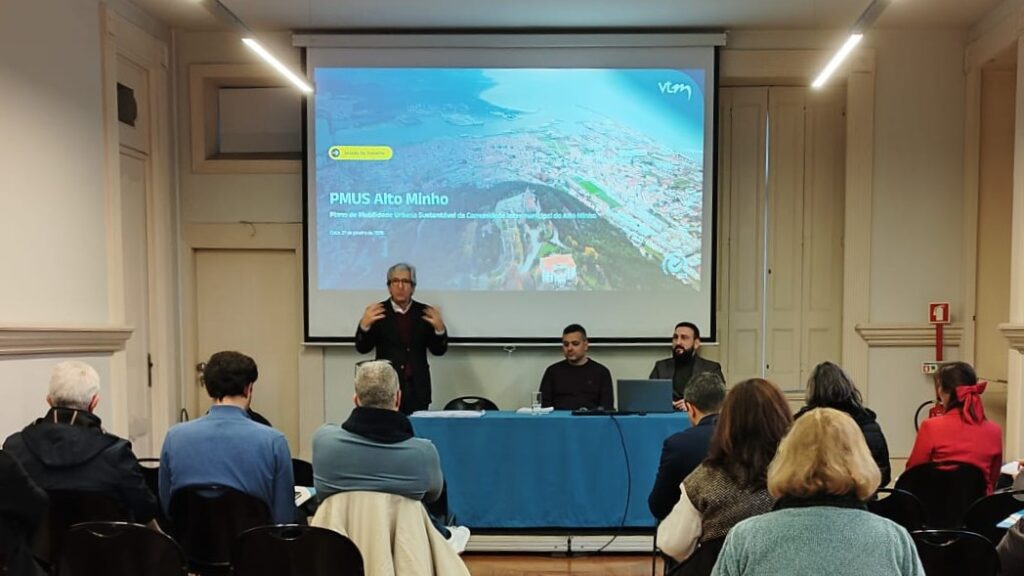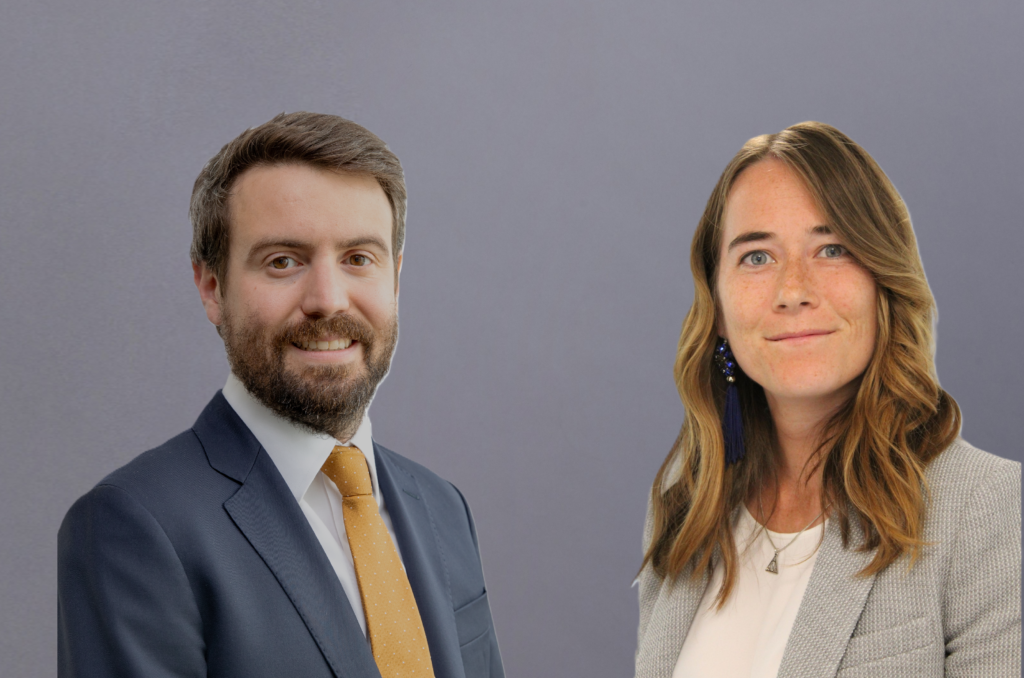Structural Equation Models (SEM) in Transport Systems: Our Journey of Expertise and Application

At VTM, we are constantly evolving in order to offer our clients the best transport consultancy solutions possible, combining decades of experience with cutting-edge methodologies. One example that has significantly enriched our skills and analytical capabilities is the application of Structural Equation Models (SEM) in transport systems.
What are Structural Equation Models?
Structural Equation Models are powerful statistical techniques that allow a better understanding of complex relationships between observed and latent variables. Unlike traditional regression models, SEM enables simultaneous examination of multiple interdependencies, offering a holistic view of cause-and-effect relationships within transport systems. This makes it a valuable tool for analyzing traveler behavior, with a better characterization of transport demand and respective system performance, among other areas.
How SEM can contribute within the transport industry
Transport systems are intricate networks influenced by numerous variables, from socio-economic factors to infrastructure attributes and policy interventions. The ability of SEM to model latent constructs, such as user satisfaction, perceived service quality, or customer loyalty, provides deeper insights into these complex systems. This leads to more accurate demand characterization, better infrastructure planning, and more effective policy-making towards better passenger experiences.

Conceptual example of a SEM model to explain Customer Satisfaction and assess influence on Loyalty
Our experience in SEM: from training sessions to real-world application
Recognizing the immense potential of SEM in transportation analysis, VTM has invested in specialized training sessions, duly certified, to equip our team with the latest skills and capabilities in this specific methodology. Several of our employees actively participated in these sessions, enhancing their expertise to leverage SEM full capabilities.
Nevertheless, our commitment did not stop at training. We have successfully applied SEM techniques in numerous projects across various transportation domains. In particular, we have utilized SEM for Customer Satisfaction Studies, with a specific focus on Loyalty Analysis. By modeling the complex relationships between passenger satisfaction, perceived value, and behavioral intentions, we obtained profound insights into the drivers of customer loyalty. This enabled our clients to design more targeted strategies for enhancing customer retention and satisfaction.
Complementary analytical skills at VTM
At VTM, we understand that comprehensive transport analysis often requires a multidimensional approach. That is the reason why we complement our SEM capabilities with a robust suite of other advanced analytical skills, including:
- Factor Analysis: A statistical method used to identify underlying variables (or factors) that explain the patterns of correlations within observed data. In the context of transport systems, Factor Analysis can help uncover latent constructs such as perceived service quality or traveler motivations, which can also be very useful for building accurate SEM models.
- Kano Diagrams: The Kano Diagram is a powerful tool for understanding customer satisfaction by categorizing product or service features into must-haves, performance needs, and delighters. The application of Kano Diagrams can help our clients prioritize investments and improvements that have the most significant impact on customer satisfaction and loyalty.
- Cluster Analysis: This statistical technique groups a set of objects in such a way that those within the same group are more similar to each other than to those in other groups. In transport studies, Cluster Analysis is particularly useful for segmenting users based on travel behavior, preferences, or satisfaction levels, allowing for more personalized and effective strategic planning.
Looking Ahead
With offices in Lisbon, Madrid, and Milan, and a legacy of over four decades, VTM has been growing from a local firm to a global transport consultancy leader. The application of Structural Equation Models, alongside other advanced analytical tools, is yet another testament to our commitment to independence and competence on providing our clients with distinctive solutions that support their evolving needs.
Hence, at VTM we believe in the continuous pursuit of knowledge and excellence. As we further integrate SEM and complementary analytical techniques into our Capability Statement, we are excited about the new possibilities they bring to transport systems analysis. We are committed to staying at the vanguard of industry advancements, ensuring that our clients benefit from the most effective and insightful consultancy services.
Thus, stay tuned! In upcoming publications, we may delve deeper into Factor Analysis, Kano Diagrams, and Cluster Analysis, exploring the potential behind each one of these methodologies and how they enhance our strategic insights in the field of transport systems.
If you are curious to learn how SEM and these advanced analytical tools can enhance your transport operation, feel free to contact us and explore further possibilities!
Latest news
All news
Collaborative mobility planning takes a major step forward in Alto Minho
This week, Ponte de Lima hosted an important milestone for sustainable mobility in the Alto Minho region, with the working sessions of the 2nd-generation Sustainable Urban Mobility Plan of Alto Minho (SUMP Alto Minho), promoted by CIM Alto Minho. At VTM, we are proud to support CIM Alto Minho in the development of a new-generation […]

VTM welcomes Oriol Riba and Alessandra Bernardi
VTM is pleased to announce the addition of two highly experienced professionals, Oriol Riba and Alessandra Bernardi, further strengthening our capabilities across infrastructure advisory and transport modelling. Oriol Riba joins VTM as a Senior Associate Director with more than fourteen years of experience in the infrastructure sector, with a strong focus on transport and additional exposure to energy […]
